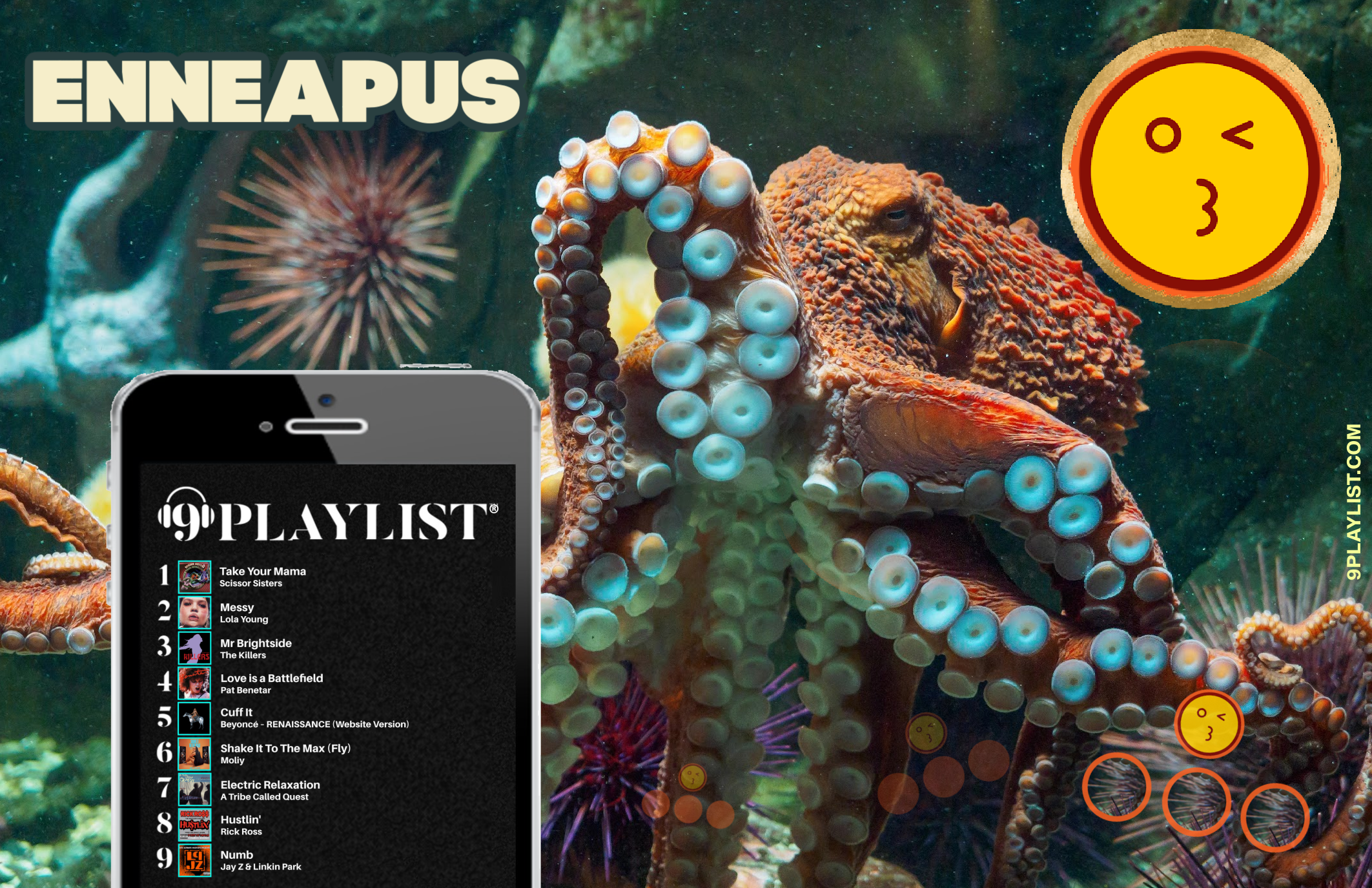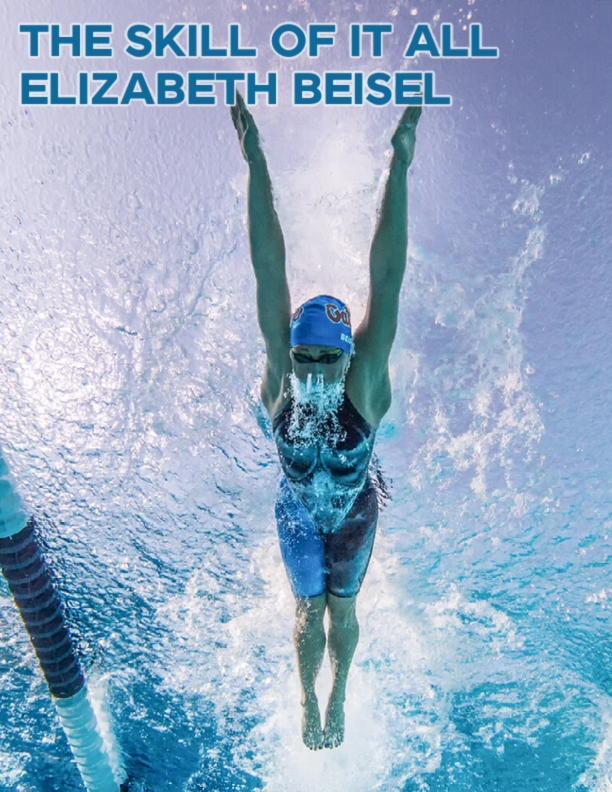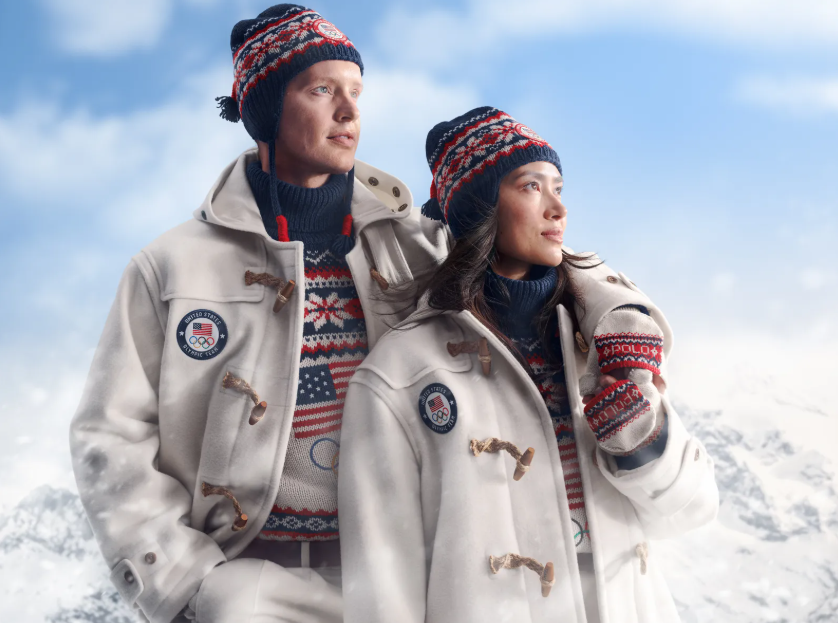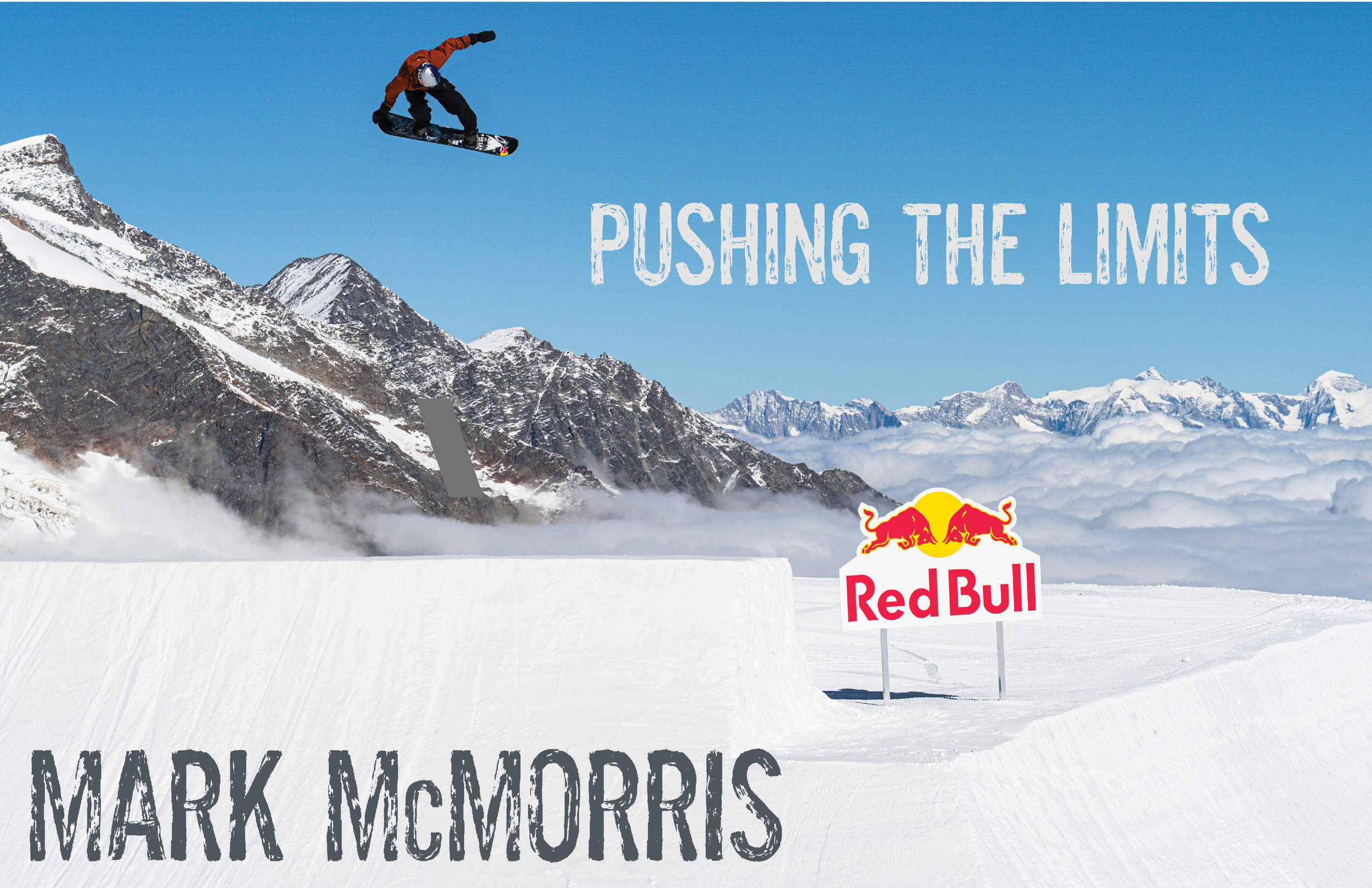One of the best things in life is to re-discover, deep dive, and better connect with things long-admired, and cherished. Bob Marley’s music lies at the top of my must-haves – many tracks and live albums suiting best for joyous and sad moments, and all in between, as well as adventuring outdoors, smoking sessions, studying, romance and more.
Upon reading Bob Marley and The Wailers: The Ultimate Illustrated History by Richie Unterberger, it was quickly apparent that it was time to dust off those old soundboard recording treasures and look to the music, life and culture that has served as such stong guidance over the years.
We put together an expanded 9PLAYLIST STORI3S to explore and ponder more about the man, his music, and the times for then and now, along a series of our favorite song selections: Sun Is Shining, Positive Vibration, Roots Rock Reggae, Downpressor Man, One Love, Zimbabwe, And I Love Her, High Tide or Low Tide, and Redemption Song.
Ultimately, with questions or thoughts of art and nature; good and tough times; peace and strife; love, respect and kindness, we ask along this and our musical journey - What Would Marley Do (WWMD)?
And I Love Her (Alternate Take)
ATHLEISURE MAG: I stumbled upon this ballad mid-college and was floored. It felt immediately intimate and special, loved sharing it at parties as friends generally loved it.
RICHIE UNTERBERGER: Most of the attention on Marley's career goes to the last seven or so years of his life when he was becoming an International star, first with the original Wailers and then with other Wailers. But there was a lot of good music that he made, often with the original Wailers, in the first 10 years of his recording career, which isn't very well known because it was primarily heard in Jamaica and not elsewhere.
And the earliest years of those are like from 1962-63 to 1966. That's when he had his debut single with Studio One. And the records are a lot more ska influenced than what he did after 1966 - [ska as] the precursor to reggae music. It's a lot faster and it's sort of a combination of Jamaican folk music with early American soul music.
Like they did a Curtis Mayfield song and he was maybe their biggest early influence. That's not a surprise. But them doing a Beatles song is not something that you would necessarily expect. And the version that they do, it is more imaginative than you would think, even if you know a fair amount about reggae and the Wailers. I'm a big Beatles fan. I love the original version, but they give it more of a wilting, early reggae cast and they also add, 'and I love her, yes, indeed,' after like every chorus. So it sounds more like a soul, early reggae hybrid sort of yearning quality that's not in the Beatles original, which makes it an interesting variation. And that's how they kind of varied soul music in general, when they were doing their first records in the mid '60s.
AM: At this time, were they doing covers towards getting acceptance or was that honoring their influences, or both?
RU: It's kind of all the above, but I think even though the majority of the material from the get go was original, I think there were a lot of songs they just liked that they wanted to do. It's just it's like when the Beatles started, they were already great songwriters on their first album, but the first few albums all have a good number of cover versions, which they did really well. They didn't just imitate Chuck Berry or Little Richard. They put their own personality on it very strongly. But also, I think they, and a lot of early reggae acts or ska acts, were just putting out tons of records, even though Jamaica was a pretty small market. And to fill out all these singles coming out and the one album that they did in the mid 60s, they needed to have more songs probably than they had already written. So they opted for songs that they really liked and maybe songs that when they performed live would get a good reaction to sort of vary their repertoire if they were playing long concerts.
AM: Yeah. I always liked the Bob Dylan one, Like A Rolling Stone.
RU: And another example, they did a Temptations song, Don't Look Back, an earlier version than the one that Peter Tosh did where Mick Jagger duetted with him in the late 60s. But he was aware of that song by the Temptations, which isn't one of their big hits, even when he was pretty early in his recording career.
AM: You know, I love that part of your book when you showed the Rolling Stones imprints, didn't know much about that, and definitely that whole part about Mick Jagger and the Stones backing Peter Tosh and all that.. That was terrific!
RU: Thanks. Yeah. It's really interesting because I think when the Rolling Stones set up their own label, their ambition was to have it be a sort of Apple Records, the way that Beatles ran Apple Records for the first couple of years, where it would be their label, but they would sign a lot of other artists and not just sign them, but often produce them or help them hands on, like they did with Badfinger and Mary Hopkin. And for various reasons, that aren't clear to me, they signed very few people, like less than five. And the only significant one they signed to put out a reasonable number of records was Peter Tosh. And I think that although the Stones didn't do many reggae songs, whether it was covers or they wrote their reggae style songs, they really liked the music.
They did some recording in Jamaica, like Goats Head Soup, the 1973 album, and they saw the connection between reggae and the American rhythm and blues and soul music that they loved and wanted to promote it with one of the leading artists who was available because he had left the Wailers for various complicated reasons, right after the Wailers started to get a big International audience on Island Records. So I'm not saying they were the most altruistic group of people in the world, the Rolling Stones, but they really wanted to promote a form of Black music, not Black American as it happens, but still from near North America.
It didn't work out indefinitely because Peter Tosh had a fallout with Keith Richards. This is like a few albums into his career with Rolling Stones records. But it was an alliance that made a lot of sense. It's the only such alliance the Stones made for their own record label, but it was the one solid indication of what they could do to help another artist. Not that Tosh needed so much help for his art, but his promotion to an International audience, which also Mick Jagger, of course, helped by actually singing on Don't Look Back, and also appearing in the official promotional video that Peter Tosh did, and also they sang it together on Saturday Night Live.
Sun is Shining
AM: This song increasingly became one of my favorites throughout my life. It’s always something that gets to me right away and the right ways, just find it so magnificent – it's sexy and inspirational!
RU: A lot of the attention given to Marley as a songwriter or for his protest songs are the ones championing social justice. And that's very important, arguably the most important part of his songwriting. But it should never be overlooked, that like almost all great songwriters, he could write about social issues, but also just write songs that were feel good songs, like ‘Positive Vibration,’ it was a great example, I think.
Also really good love songs - and although a lot of his songs, like Get Up, Stand Up is a great example, are about self-empowerment, a lot are sort of anthems just to make people feel more positive about what they are experiencing, what they hope to experience. And Sun Is Shining is an early example of that.
And I think it's interesting that throughout his career, Marley and Tosh would sometimes remake songs from pretty early in their career, like One Love is another great example, when they realized we're getting a much bigger audience and a lot of those people around the world never heard these records, which were primarily or only distributed in Jamaica. It was time to make those songs, which still have a universal message, something that everybody can hear on records, not just in their concerts. So Sun Is Shining is an example of that, where it was revisited and remade as well.
AM: Near the end of the song, he's talking about how he's 'a rainbow, too.' And it made me really reflect, wondering if this was him rescuing us as the unifier, and if also he was encouraging us that we all could all be rainbows, too?
RU: I would say like not just a lot of songwriters, but a lot of artists, his messages can be validly interpreted in different ways. So you might say he's talking about himself or that he's talking about everybody, all of his listeners and himself, or he's talking about both himself and his listeners. One of his great strengths was that as a songwriter, he could deliver very clear, yet easily understood messages that were inspiring. When you hear his spoken interviews, he's often a little vague. And it's interesting that it's not like his songwriting, which is very clear and direct. Get Up, Stand Up - I mean, how can you misinterpret that? I Shot the Sheriff - but I swear it was self-defense..; it's very lucid.
And it's unknown how precise his lyrics were explicitly stating. Yeah, meaning that it's hard to say whether his lyrics were meant for this is how I'm feeling, or this is how humans as a whole feel, or it could be both. His clear, direct messages were that in the lyrics, whether it's interpreted, however it's interpreted to apply to, they are very easily understood and they hit very directly [and across the world]. And it's unlike his spoken interviews, the last quote before my epilogue, somebody who was talking to the New York Times right after he died, just a fan, not someone who knew him, she said, ‘as an orator, he wasn't much, but his music said it all.’ It's almost like his music was his great expression of communication.
He also traveled and did concerts in Japan and other countries where knowledge of English was appreciably lower then, like a couple generations ago. A lot of people probably, if they read the lyrics on the page, they might have had a hard time understanding them, but when they heard them, they were geared around choruses which were easy to remember and sort of sink in. I think a lot of those messages did get through, both in the words, but also the way that they were sung.
High Tide or Low Tide
AM: So let's talk about High Tide or Low Tide and the Catch a Fire sessions in general? This track is so delicate and haunting, really enjoy it chilling with my girlfriend for sure.
RU: Yeah, Catch a Fire [sessions] - made really good music. I think in Britain a few people had heard them because there was such a big Jamaican population there, Jamaica, and they, Marley and Tosh, liked to have an International audience. They had gone to London in part to not just get a bigger audience or whatever concerts they could do, but try to find a record label. I think the feeling was it's going to be easier in Britain than in the U.S. because of that Jamaican population, Jamaica being a former British population in Britain, there was a much wider knowledge of reggae, even among non-Jamaicans, and his record labels were distribution, business distribution, primarily to serve the British Jamaican audience.
To bring reggae music itself to a wider audience, the goal was to give them more of a luster of a rock group, not so much in changing their music, but in marketing the album design, how it's distributed, it's on Island records, which a lot of people associated with those big British rock groups, and only subtly adding some rock instrumentation to their sound without diluting it.
Their appeal then, it was slightly earlier, but still very good records, music was slowing down into reggae and the lyrics were becoming a lot more socially conscious. Even though Catch a Fire is a very well-known album now, when it first came out it, it was primarily an underground hit, but that was very important, because that's where Marley's huge following could grow. When people saw the Wailers when they made their first American tours, they really stood out, in part because most white rock listeners had not heard reggae before, but also because the stage presence and the concerts were so good, and they got a lot of FM radio. I've talked to the leading FM radio disc jockey in the city in which I grew up, Philadelphia, and he said, 'oh yeah, when that record came out we leapt on it, we played it a lot, both because we loved it, but also we knew that our listeners who were maybe more used to Pink Floyd or Sticky Fingers, or something like that would love it too!'
But it should not be lost sight of that the biggest reason was that the material was very strong. You can't sell a record with that sort of marketing if the songs aren't really strong. In retrospect I kind of wish that it could have been a double album, not just Marley but also Tosh and Two, a lesser but significant degree by Quayler. Part of the reason I think that they did not stay together long on Island Records, after being together for a long time, was that Marley was getting so much of the songwriting, and that's one of the reasons he got more attention than anywhere else, although I emphasize they were a group at that time, it wasn't as what it became. They were a group in the sense that all of them have the impact that the act has.
AM: I was honored to see the Wailers after Bob Marley had passed, they were terrific.
Positive Vibration and Roots Rock Reggae
AM: This pair were often musts for outdoor adventures.
RU: With Positive Vibrations, it's like some of Bob Marley's song titles, you get the idea very quickly before even hearing the song. That's a really good example of, yeah we're going to dig into the lyrics.
We're all going to have a much better life here if we can all learn to groove together, which to some degree his concerts enable many people to do that together. But also, even if you don't think about the lyrics, it captures in a way that few reggae songs have done and reggae's been around now for 60 years or so.
Downpressor Man
AM: I first encountered Downpressor Man at an outside cafe in Miami. I had heard the cover rendition of Sinner Man before and loved it, but this magical slowed down version just hit so hard. Of course, a big fan of and feel it gives justice to Nina Simone’s tough bar to meet.
RU: I think that Peter Tosh shared with Marley as a songwriter, where he's documenting the injustices done to the underprivileged - which in Jamaica, most of the people considered underprivileged would have been. And in this instance, he adopted almost like spiritual, but made it particular, or more particular to the circumstances, not just of the oppressed in Jamaica, but the oppressed anywhere. I think that's a big part of not just Marley and Tosh's appeal, but reggae's appeal, especially in Africa, places which don't enjoy, in some cases, not as many human rights. Him changing the focus of the song and championing the downtrodden was something that made people feel that he had a lot of empathy for his audience and was able to express that well.
One Love
AM: With One Love, it's definitely something that became a huge country anthem, it always gives me a smile, and like a hug and form of encouragement – it's inviting..
RU: When preaching unity, [it's] hard to do.. without sounding sappy or sounding, just to get together, to find some common ground. This song had those kinds of sentiments, but did it in a humbler way than a lot of such songs do, but also should not be overestimated. The Beatles had a lot of great lyrics, but maybe the biggest reason they became the biggest group ever was that the songs were so melodic. Marley and the Wailers had a lot of such songs, which were very catchy, easy to hum. One Love is maybe his greatest expression of his hopes for a universal common ground between people of all geography and make inroads toward making the world a more peaceful place. Like I said earlier, he'd done that song, it caught on a lot more when it was remade in his solo career in the 70s. It was more updated, it sounds very contemporary.
Zimbabwe
AM: With Survival, it was very interesting to read your commentary because there came across with fierce lyrics and anthems.
RU: It might seem more tilted toward that on his album, but it seems like he always had a wide range of songs that he emphasized the most, but on others, that was because he was one of the first reggae artists, maybe the first, to recognize that an album should have, even if it's not like a story album or not all the songs, a theme. So maybe with Survival, he focused more on a full statement than like a romantic album that he did, but it's something that will vary on what was put out there that'll keep people interested.
I'm kind of speculating because, in part, Marley's life was short.. he didn't go through all of the phases of his career and explain them in ways like John Lennon did in his numerous interviews before he died. So it's a little bit of projection on my part.
AM: With Zimbabwe, having such significance, and the way it was performed so beautifully at legendary concerts, but how was that received globally?
RU: I do think that it meant a lot that Marley was sort of voicing his support for people's independence and self-determination in a country. It's often asked, and it's a very logical question, what would Marley have done had he not died so young in his later years? He was only - I think, although it's not certain, he definitely would have performed a lot more in Africa. He'd only perform there a bit toward the end of his career, both because he got a really great reception there, but also he saw that, as universal as his music was, it had some particular parts of meaning for people in Africa, where a number of countries - maybe South Africa got more attention in more attention in the United States for that than anywhere else, but a number of countries there - I think he would have performed there as much as he could have, maybe written more songs that were directly applicable to Africa. And possibly, it would seem like a logical step to me, maybe incorporating some elements of African music as he became more exposed to them, whether through touring or just listening more, because in the early 80s, that was the point where artists like Fela were starting to get a much bigger audience in the United States, and I could see Marley being very interested in someone like Fela, not just musically, but also lyrically, and also as a cultural figure in Nigeria.
Redemption Song
AM: Redemption Song, a lot of people's top favorite, and it is very reflective and boldy highlights the past and gives deep lessons. I’ve always held it in a different way, like a supercharged guide to fall back to when happy and chill or lost and sad. It says so much about the past, present and future of humanity, extremely prophetic!
RU: It's interesting to me for a few reasons. One is that unlike maybe all of his other really well-known - it could in some ways be heard not even as a reggae song, more as like folk. And that, it actually relates to something I was riffing on a couple minutes ago, [the] direction that he might have changed his style to that style that he would have done. Maybe he would have been thinking, yeah, I'm a reggae artist, I'm never going to abandon reggae, but I want to explore different styles that might not be dominantly reggae. Other artists have done that. Joni Mitchell started as a folk singer, then she admitted some rock influences, then she went into jazz. Paul Simon started, but then he incorporated reggae and gospel. He eventually got to African music, of course. I think he knew this when he was writing it, that he could do several different styles of music well - and when I hear it, because he didn't die that much long afterward, it's like he also had some sort of awareness that his time is not going to be long, whether he dies or not. it's almost like a Martin Luther King song. It's almost like Martin Luther King's final speeches, where he feels like, I might not have much time, but his urgency to get a message across.
AM: A hypothetical, because I've enjoyed some bubblegum gelato vape during our interview, what did he say about technology? Would he e-vape today or be comfortable his audience did?
RU: About his drug use, which is mostly cannabis, in the book or elsewhere, because there is music, but specifically as far as people using that sort of stimulation for recreational purposes, I don't think he ever would have minded whether it was with a religious dimension, as it was with a lot of prostitutes, or you just wanted to use it, at least in your ability of function and people around you. [Be sure to] be kind to your neighbors, right?
Yeah, and musically, maybe what he would have done. It's hard to project, like, if he was still making music in 2020, what he would have done. What he would have done, at least if he had lived another 10 or 20 years, if he wasn't ill. Technology, I think that would have been one of the things that he would have been wary about in some of his songs. The adverse effects of technology, not just AI, but climate change, which, when he died, that was his concern.
PHOTOGRAPHY CREDITS | PG 27, 38 - 57 Quarto Publishing/Bob Marley and The Wailers: The Ultimate Illustrated History | PG 58 GM/Current Affairs/Alamy Stock Photo | PG 60 Deposit Photos |
Read the JUL ISSUE #103 of Athleisure Mag and see BOB MARLEY AND THE WAILERS in mag.





















